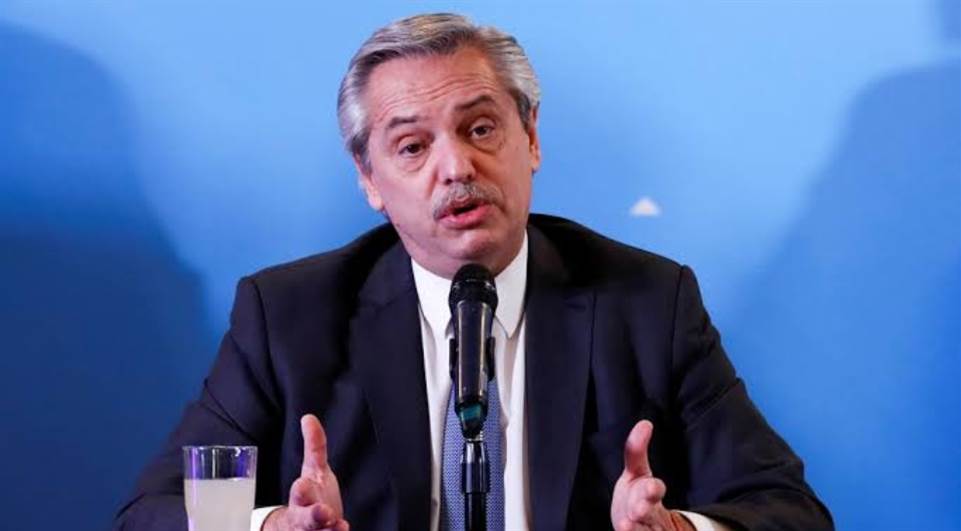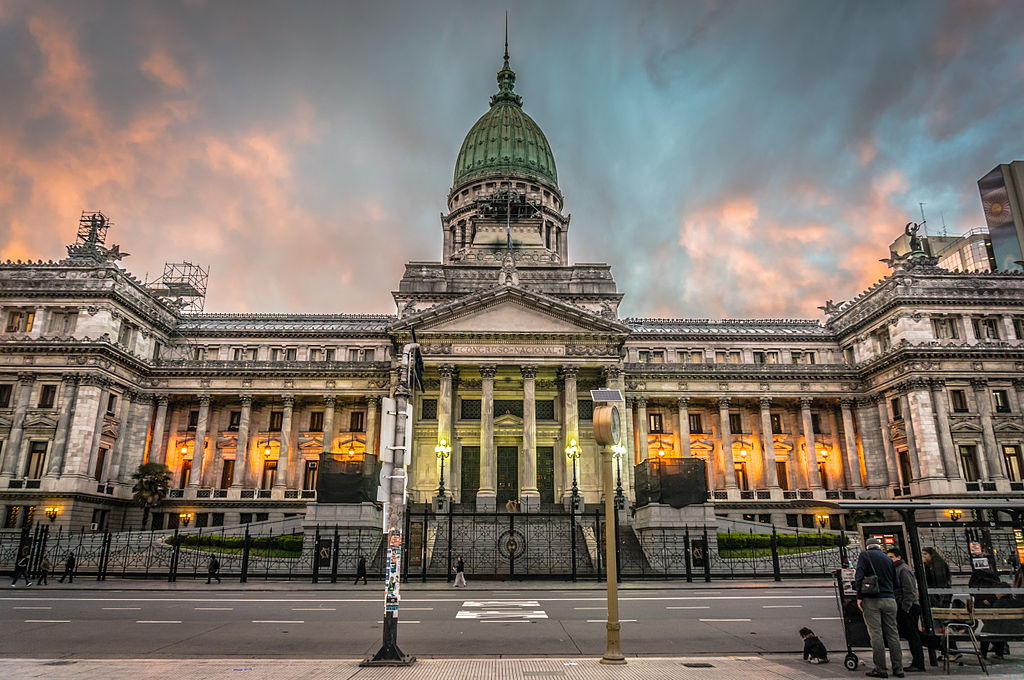RIO DE JANEIRO, BRAZIL – After the opposition threatened that it would not give a quorum for the vote in the Chamber of Deputies on the economic emergency bill, Alberto Fernandez’s government decided to remove the most sensitive point from the text.
The article removed allowed the executive to carry out an administrative reform without consulting the legislature and intervene in 60 bodies such as electricity and gas regulators. On Wednesday night, December 18th, the government also admitted the possibility of easing the increase in the export tax on agricultural products.

Although several issues have not yet been determined, it is expected that the bill will be approved today in the chamber. Vice President Cristina Kirchner, who chairs the Senate, issued a parliamentary decree calling the senators to a session on Friday, December 20th, in which the package of measures that puts the country in a public emergency situation “economic, financial, fiscal, administrative, welfare, tariff, energy, health and social”.
In a statement to the Chamber of Deputies, the Minister of Labor, Claudio Moroni, confirmed on Wednesday that the government intends to establish, by decree, a wage increase for workers in the private sector – a measure provided for in the bill. The adjustment should not be universal, he said and will be granted to employees who have lost their purchasing power the most in recent years due to inflation.
Between 2016 and 2017, accumulated inflation was nearly 300 percent.
The economic package of measures mainly provides for an increase in taxes, such as tariffs on personal property and rates of 30 percent on purchases made abroad in dollars.
According to calculations by economist Melisa Sala, from the LCG consulting firm, the unchanged program presented by Fernández may increase revenues by two percent of GDP.
Argentina should end this year with a fiscal deficit of 0.5 percent. However, the expected increase in tax revenues will not be sufficient to zero the deficit, as tariffs for services such as energy and transport are frozen for the next six months, and the government will have to subsidize them.

The country’s fiscal situation – which was described by Economy Minister Martín Guzmán as being more serious than imagined – will still thus rely on decisions about what will be done with the subsidies in the last six months of the year and with pensions.

